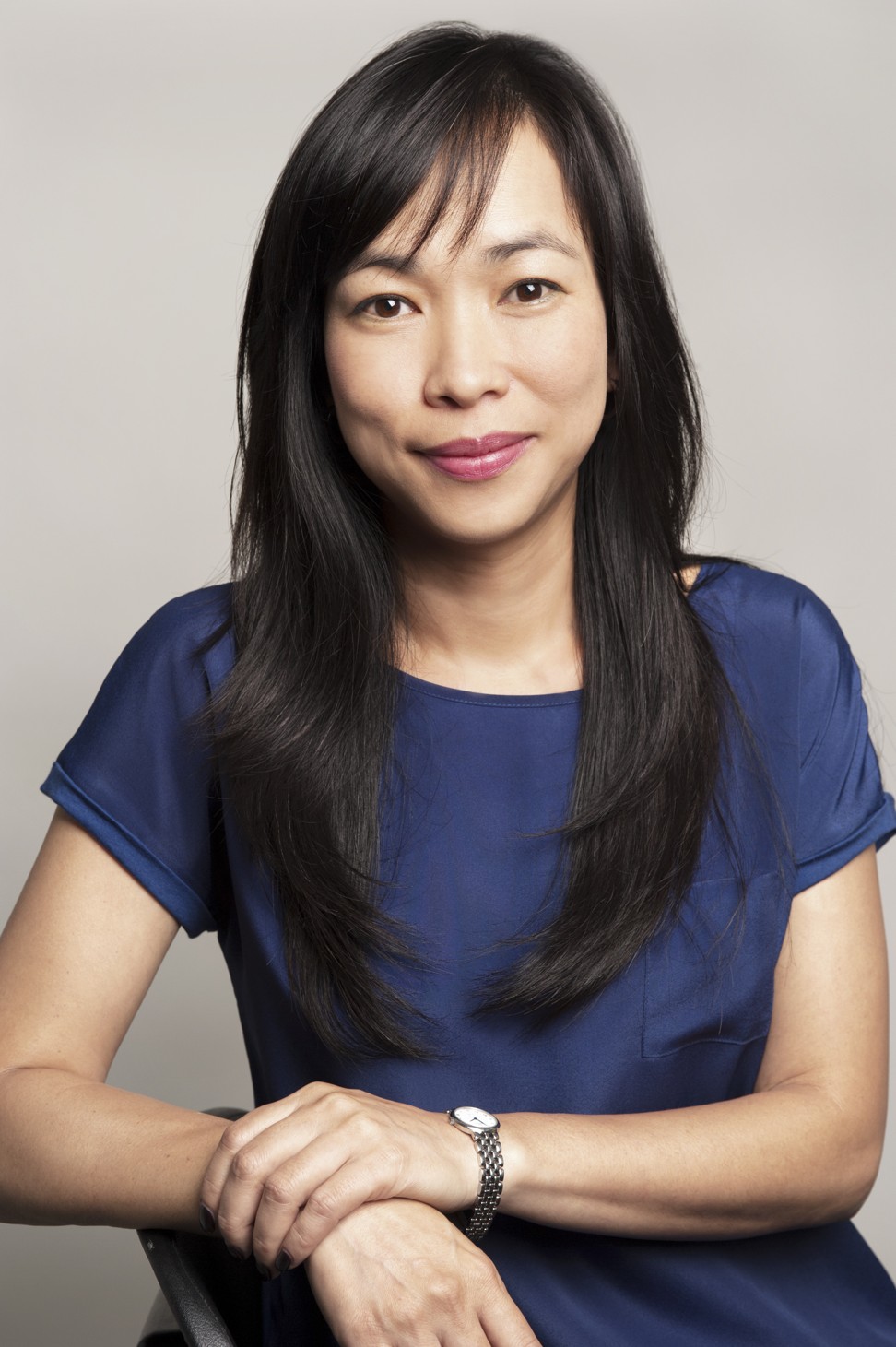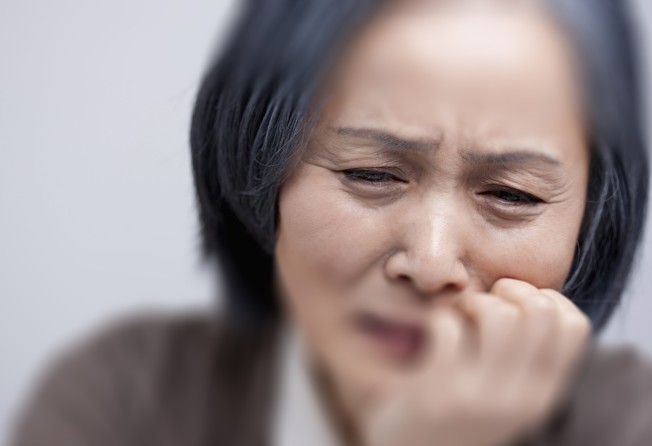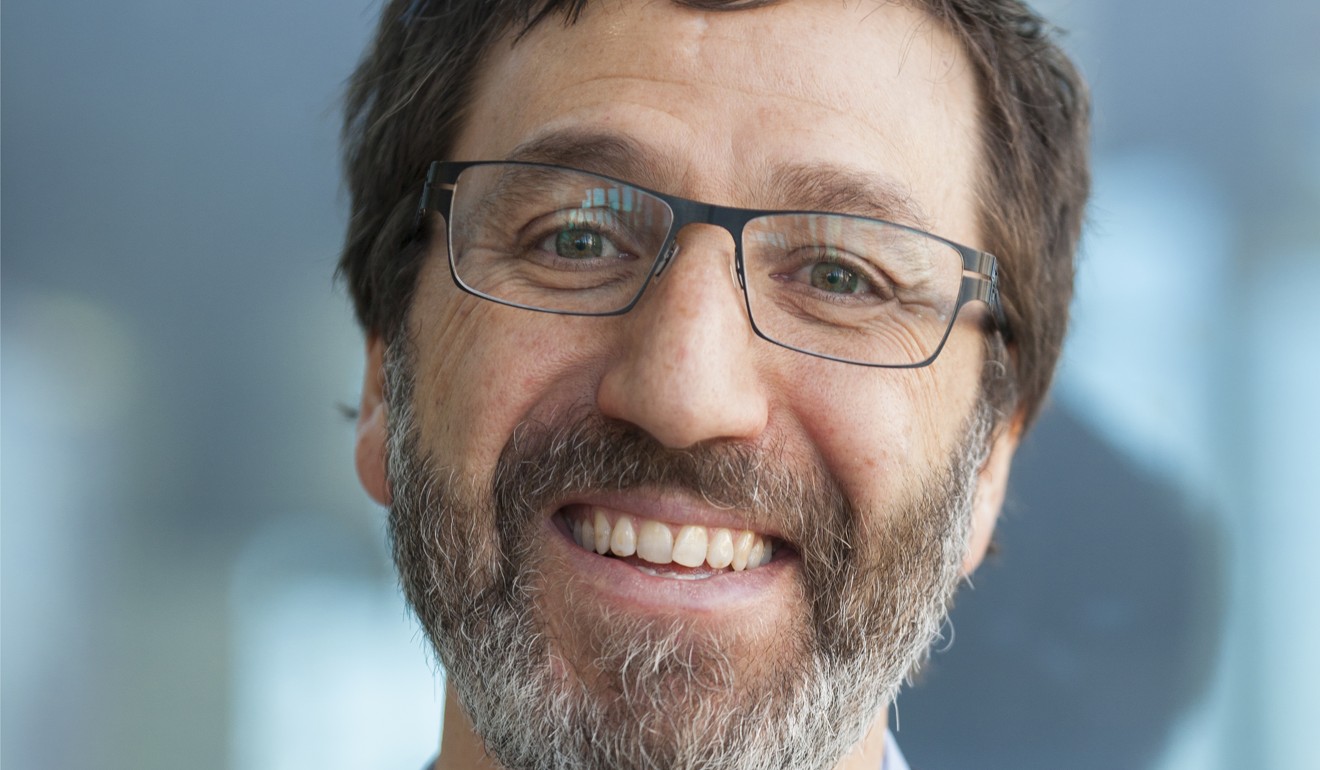
Midlife crisis: two Hongkongers’ contrasting stories, and how to see turning 50 as an opportunity to enrich yourself
It’s something that can affect any of us in middle age, triggering feelings of emptiness, disappointment and anxiety. We talk to sufferers and professionals to find out what midlife crisis is and how to deal with it positively

Lydia Fong thought that she would relish getting older, but as she approached her 45th birthday, feelings of dissatisfaction began to set in. “My relationship with my husband had grown distant, my two sons were already grown with lives of their own, and my career was coming to an end,” the accountant says. “My body also started changing in ways I didn’t expect. I found it harder to lose weight, and my skin looked old and tired no matter what I put on it.”
Fong [a pseudonym] felt like she’d “used up” all her “good years” and had nothing left to look forward to in her golden years. “It seemed like things would only go downhill from that point,” she explains. “I’d read about people my age taking time off work to travel or embark on new endeavours, or leaving unhappy relationships to start new ones or just be alone, and I asked myself why I wasn’t doing any of those things, too, even though I wasn’t sure if they’d make me happy. I felt depressed thinking about what the future held for me, and at the same time, regretful about the choices I’d made that had got me to that point.”
Now 50, Fong feels she might be in the throes of a midlife crisis. Although she keeps herself busy with hobbies like cooking and ballroom dancing, she says that she often experiences feelings of emptiness, disappointment and anxiety.
“I feel trapped and just want to run away from everything,” she admits.
Canadian psychoanalyst and organisational psychologist Elliott Jaques’ is credited with identifying the “midlife crisis” in a 1965 paper on creative geniuses’ working patterns. Unlike childhood and old age, it’s hard to define exactly when midlife occurs, but, according to Joyce Chao, a clinical psychologist at Dimensions Centre in Central, it’s that part of adulthood between one’s 40s and 60s.

Midlife is also when many physical, mental and emotional changes begin to occur. You may not be as fast or sharp as you once were, for instance. You may not feel as sexually desirable any longer, you may find it difficult to stay in shape, and you may get tired and irritated more easily as result of hormonal and other physiological changes.
While all these changes are normal and expected, many people have trouble coming to terms with them. “It’s not like childhood, adolescence or early adulthood, when you’re physically active, developing in all kinds of ways and reaching new milestones,” says Chao. “In middle age, you not only know that you’re ageing; you feel it, too. Your body just isn’t what it used to be. You may suffer more aches, pains and discomfort, and that can be hard to confront. But, these changes are inevitable because they are, after all, physiological.”
The “crisis” occurs when individuals believe they have fallen short of certain personal or societal expectations or missed out on certain opportunities – or cannot adjust to changes happening around them or to them, such as retrenchment at work, or adult children leaving the family home. They may feel that they can’t alter the path they are on and, as a result, feel stuck or trapped.
I just want to be passionate about life again, to feel like I have some purpose again
“If you find it easy adjusting to all these changes and feel that you’ve already met certain societal and personal expectations, then you may feel confident about your present situation and about where you’re heading,” Chao points out. “If not, you may start questioning what you’ve been missing and may even compare yourself to others who seem to have what you don’t. The bigger that internal conflict, the harder it may be to accept it psychologically.”
A midlife crisis unfolds in different ways, depending on how the individual experiences it and attempts to adjust to it. He or she may feel anxious, depressed, hopeless or fearful about the future, which may manifest in a range of behaviours. While some people might seek solace in drugs or alcohol, others may decide to get divorced, switch careers or blow their savings on expensive and frivolous items, or drastically change something about themselves, like their appearance or religion.

“It’s at this point in life where most people are in a relationship, have kids, are established in their careers and are paying off a mortgage,” he says. “It’s not surprising, therefore, that questions might turn to some of the big issues, such as, ‘Who am I?’ and ‘What am I doing with my life?’ There’s no doubt that, depending on the answers to these questions, some might experience angst and regret.”
What’s more, these days, people have a lot more opportunities than ever before. Most of the time – and for most of us – this is a great thing, but Sharp says that too many options can feel overwhelming.
While we can’t avoid some of the emotional, physiological and lifestyle changes of growing older,
Sharp says that we should use this period of our lives as an opportunity to live a more fulfilling life rather than see it as an existential crisis or struggle. He believes that profound questions like “Who am I?” can lead us to more clearly define where we want to go and how we’re going to get there.
Forty-nine-year-old Roland Wu [a pseudonym] did exactly that, and he couldn’t be happier. Three years ago the creative director had reached the pinnacle of his career and was happily single but felt that there was more to life than just making money. “I thought about my senior years and started to feel really depressed,” he shares. “I’d saved quite a bit of money but what was I going to spend it on in my old age? There was a lot I wanted to do, like travel around the world, volunteer at orphanages in India or Cambodia, and start my own creative agency. If I didn’t do those things now, while I was physically capable, when would I do them? I was burdened by my work and financial responsibilities and could no longer deal with the nagging feeling that I wasn’t living up to my potential and doing what my heart desired.”

Feelings like depression, anxiety, fear and hopelessness affect us all the same way, but Sharp says that, compared to women, men are less likely to acknowledge mental health issues, let alone discuss them.
That’s why it’s important to share your feelings with a friend or ask for professional help.
“It’s OK to not be OK sometimes, and getting help can make a massive difference to the quality of your life and to the lives of those around you, like your partner, kids, friends and even colleagues,” he points out.
Ultimately, however, Sharp says that if you feel lost or stuck or unsure about the future, you should try to clarify as best you can what your best possible life would look like, and then work towards making that a reality.
Fong recently started seeing a counsellor for mild depression. She is hopeful that, with her counsellor’s help, she will be able to change how she views life in general – and figure out what will bring her real happiness, now, and in the years to come.
“I just want to be passionate about life again, to feel like I have some purpose again,” she said. “I want to live every day knowing that my best years are still ahead of me, and to feel like I’m growing – intellectually, spiritually and emotionally.”